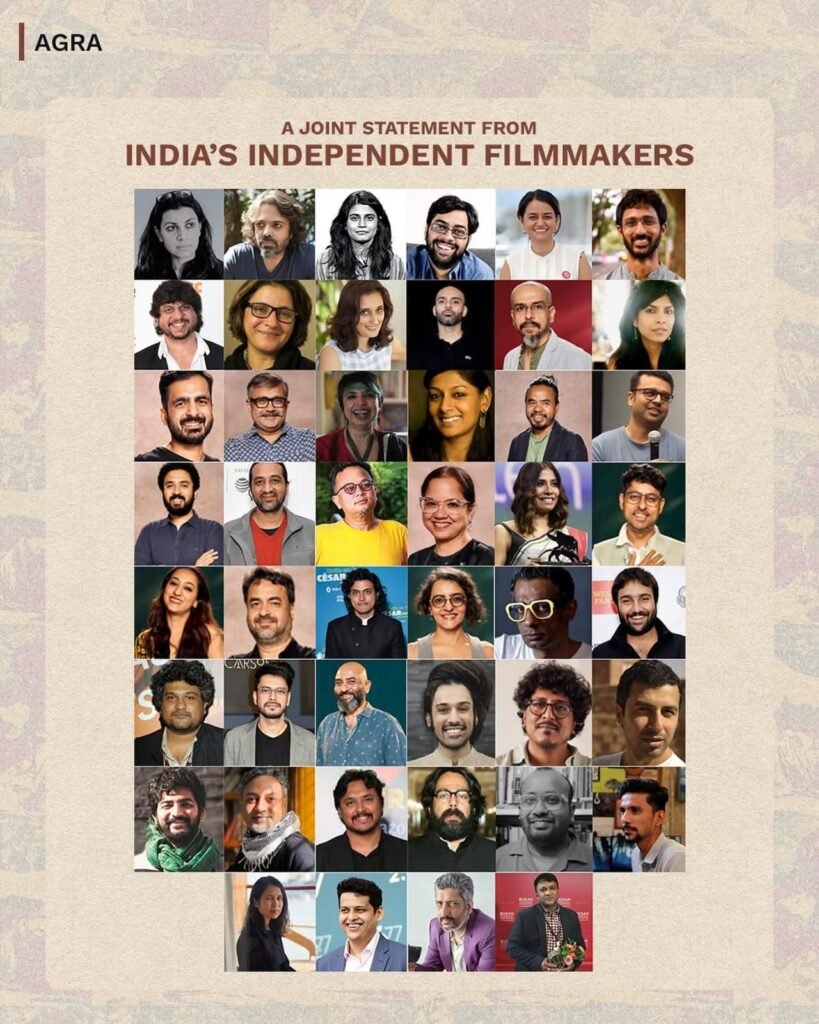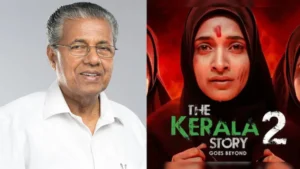Indie Filmmakers Raise Alarm Over Theatre Access

New Delhi: More than fifty of India’s leading independent filmmakers have issued a collective statement expressing concern over what they describe as a shrinking theatrical space for small and mid-budget films. The move comes after the restricted release of Agra, directed by Kanu Behl, which struggled to secure adequate screens and accessible showtimes despite international acclaim.
The joint statement, signed by filmmakers across Hindi, Malayalam, Assamese, Bengali, Khasi, Manipuri, and Marathi cinema, argues that the difficulties faced by Agra reflect a deeper systemic problem. “Over the last decade, Indian independent cinema has carried the country’s creative identity to the world,” it says, noting the consistent presence of Indian films at Cannes, Venice, Berlin, Sundance, and Rotterdam. “And yet, within India, these films continue to fight simply to be seen.”
Among the signatories are Alankrita Shrivastava, Aditya Kripalani, Arati Kadav, Ruchi Narain, Raam Reddy, Honey Trehan, Leena Yadav, Megha Ramaswamy, Devashish Makhija, Bauddhayan Mukherji, Shonali Bose, Nandita Das, Dominic Megam Sangma, Aditya Vikram Sengupta, Bhaskar Hazarika, and Haobam Paban Kumar. Also endorsing the statement are prominent writer-directors, including Varun Grover, Gurvinder Singh, Hardik Mehta, Sarvnik Kaur, Vasan Bala, Shaunak Sen, Ajitpal Singh, Aamir Bashir, Safdar Rahman, Prateek Vats, Akshay Indikar, Ashim Ahluwalia, Pradip Kurbah, Payal Kapadia, Rima Das, Chaitanya Tamhane, and Sumit Purohit.
The filmmakers list recurring challenges that independent films face: limited screenings, morning-only or weekday-only slots, sudden cancellations, and opaque programming decisions that favour big-budget releases. They also point to a shift in OTT behaviour, where streaming platforms increasingly rely on theatrical performance as a prerequisite for acquisition, a trend that disadvantages independent films that are already denied meaningful theatrical access.
Stressing that they are not asking for special treatment, the signatories call for structural reforms through five key measures: minimum accessible showtimes, transparency in programming, institutionalised monthly or quarterly indie showcase cycles, public–private partnerships with cultural centres and art institutions, and OTT acquisition parity that does not hinge solely on box-office performance.
The statement maintains a conciliatory tone: “No antagonist. No blame. Only the collective need for a healthier system.” It concludes with an appeal to rebuild India’s exhibition ecosystem so that independent films, long celebrated abroad, can be meaningfully discovered by audiences at home.







